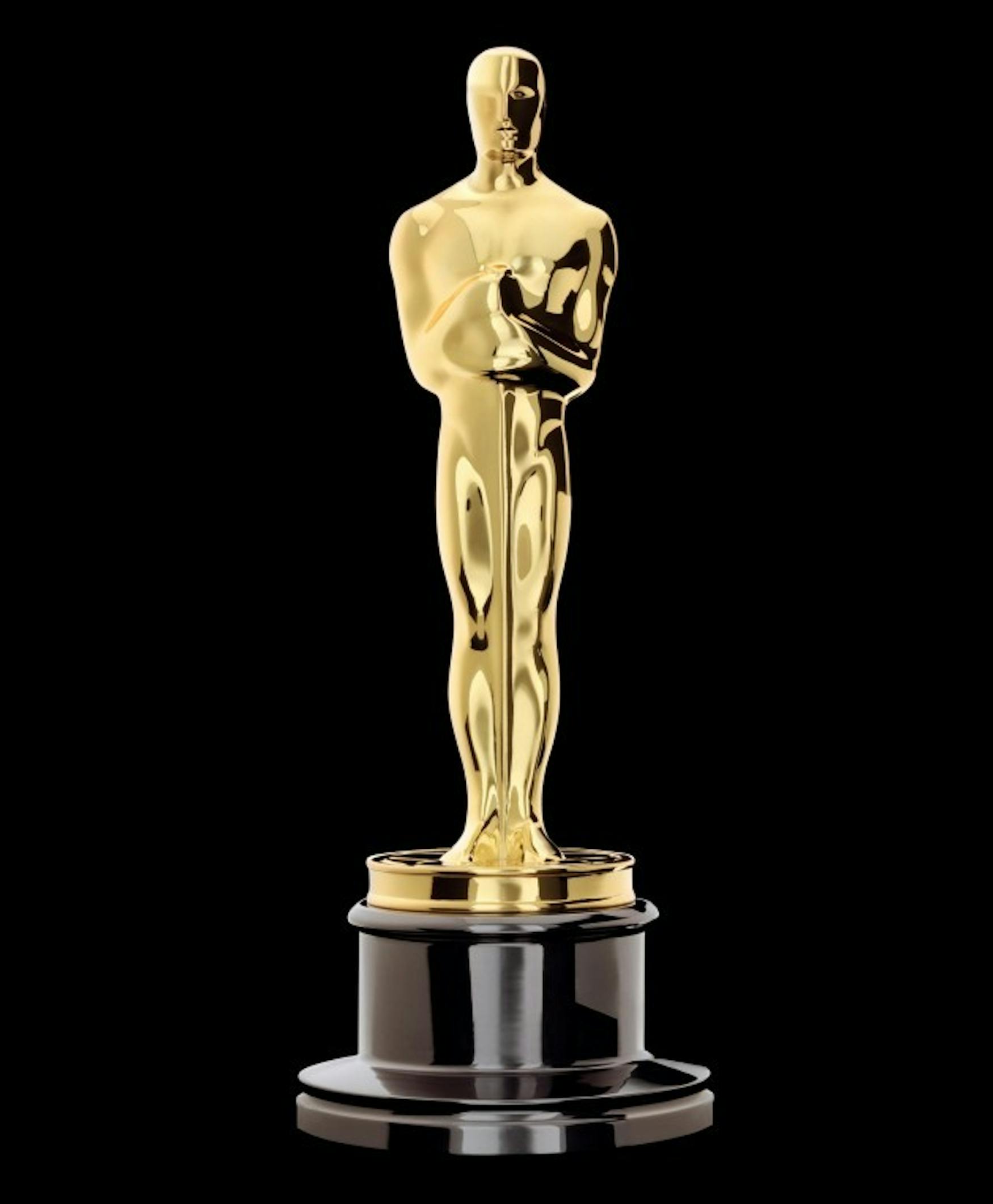Nominations don't follow critics' choices
Do the Oscars really matter?
The question has been on my mind ever since the nominations for the 84th Academy Awards, which air Sun., Feb. 26 on ABC, came out last Tuesday. For film buffs, the day the nominees are announced is usually more exciting than the Super Bowl or the Republican primaries. For members of the film industry, it's a make-or-break opportunity for their career. For other people, it's simply an award show filled with movies they've never seen.
I've always seen the Oscars as a chance for me to flush out my "movies-to-see" list. A film gets nominated for Best Picture, and I think, "That must be a good movie, I should go see it." For casual filmgoers, the Academy Awards serve as a metric of a film's quality. Like Rotten Tomatoes, which assigns scores to films based on critics' ratings, the Oscars is an easy way to see what good movies are out there. According to this year's voters, the films to see in 2011 were The Artist, The Descendants, Extremely Loud & Incredibly Close, The Help, Hugo, Midnight in Paris, Moneyball, The Tree of Life and War Horse.
But, like Rotten Tomatoes, the Academy Awards uses a highly formulaic system that attempts to reach a consensus of opinion. In that regard, the Academy of Motion Picture Arts and Sciences has a flawed goal—how can you weigh the merits of one outstanding film with that of another great, yet extremely different, film? Many people I know will watch the Oscars every year with fervor but never bat an eye at the Golden Globes or the Screen Actors Guild Awards. Sure, the Oscars are more prestigious, but it's like any other awards ceremony—a select number of people vote, and films with the most votes win.
Take how films are nominated, for example. Each of the Academy's 5,783 voting members, most of them actors, directors and writers, list their five favorite movies of the year, and rank them from one to five. However, Entertainment Weekly explains that this system favors love-it-or-hate-it films like The Tree of Life and Extremely Loud & Incredibly Close. "More than ever before, a voter's No. 1 selection is the thing that matters," according to a Jan. 24 EW.com article titled "Best Picture Oscar: So why are there nine nominees?" by John Young. "The only way a ballot's No. 2, No. 3, No. 4, or No. 5 selection will come into play is if that voter's No. 1 choice was extremely popular (triggering the surplus rule) or extremely unpopular (receiving less than [one] percent of total vote)."
In other words, films like Bridesmaids and The Girl with the Dragon Tattoo most likely received many number three, number four and number five votes, but not enough number one votes to receive a Best Picture nomination. A lot of people might have hated Extremely Loud & Incredibly Close, but at least five percent of Academy voters put it as their number one film, which automatically nominates any film for Best Picture—this new percentage-based threshold rule explains why there are nine nominees for Best Picture, and not 10 this year. Extremely Loud & Incredibly Close received a score of 46 percent on Rotten Tomatoes. To compare, Mark Walherg's ho-hum Contraband scored higher, while Bridesmaids, which was snubbed Best Picture or Best Director nominations, scored 90 percent.
The inconsistency between the Academy Awards and Rotten Tomatoes this year highlights the difficulty of determining which films are good and which aren't. And while the Academy Awards set out to honor the greatest films of the year, an already impossible task, it doesn't usually do its job particularly well. In fact, the only thing the Oscars may be good for is picking the best "Oscar films" of the year.
What do I mean by this? Take last year's Best Picture winner as an example. The King's Speech is the perfect example of a film that wasn't necessarily a fine cinematic achievement, a hugely popular success or an aesthetically—or socially—challenging work of art. What it had was a big story featuring a certain set of traits that appear in most Best Picture nominees: First, the film is based on a significant historical event; second, it's not a comedy, horror, science fiction or fantasy film; third, and most important, the film's protagonist is important, yet has a debilitating flaw, and performs a tear-jerking monologue of immense vulnerability about three-fourths of the way into the film—you know, that "Oscar-winning" scene. "Best Picture winners tend to be very popular, more or less traditional, and at least somewhat good," says Prof. Mark Feeney (AMST), a Pulitzer-winning arts and entertainment critic at the Boston Globe. "The important point is that the Best Picture winner shouldn't be considered some kind of consensus finest release of the year."
Of course, whether the Academy Awards are worth watching or not, it nonetheless affects the film industry. On average, Best Picture nominees' revenue increases by $20 million, according to research firm IBISWorld. And there's no doubt it has made the careers of some of our most beloved actors and directors. Audiences just need to realize that it shouldn't be taken so seriously.
Says Feeney: "Well, at least the Oscars aren't as ridiculous as the Grammys."



Please note All comments are eligible for publication in The Justice.